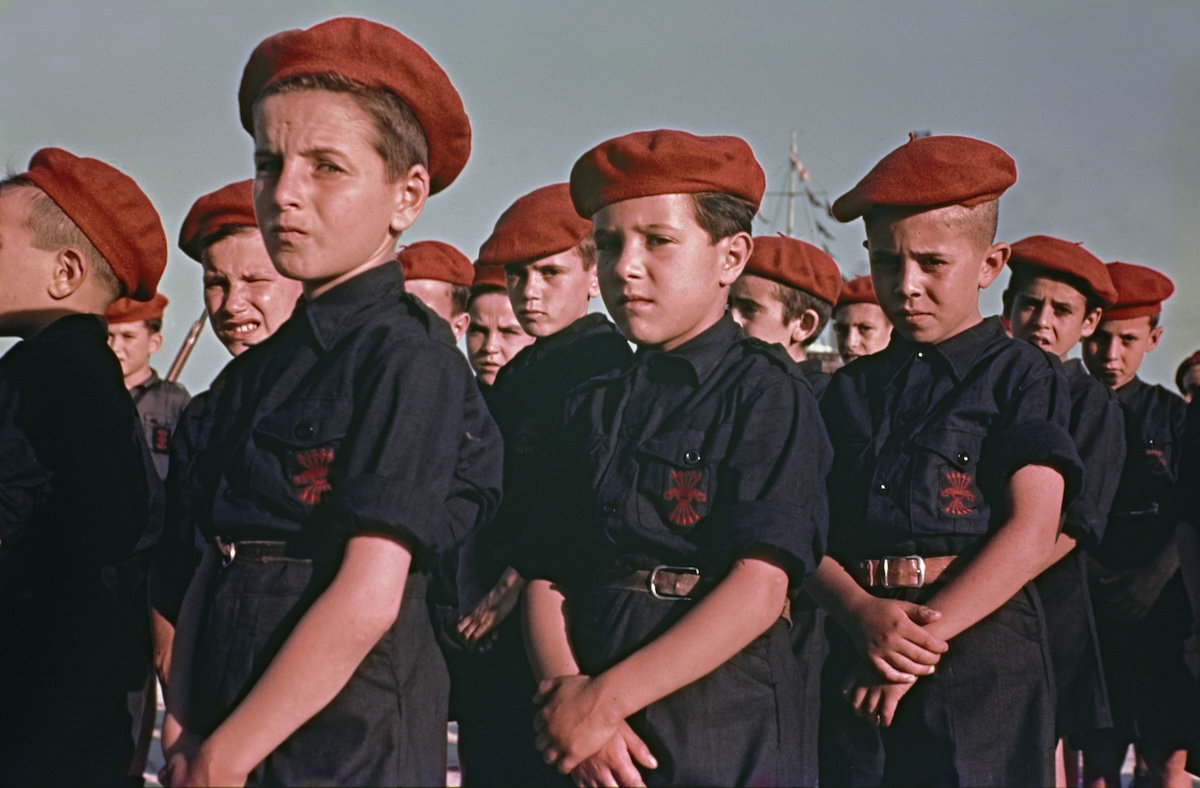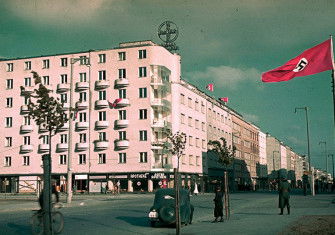Is it Possible to Forgive and Forget?
Where fraught national histories are concerned, do policies of remembrance and education work, or is it better to wipe the slate clean?

‘Forgetting need not mean condemning the past to eternal oblivion’
Omar G. Encarnación is Charles Flint Kellogg Professor of Politics at Bard College and author of Democracy Without Justice in Spain: The Politics of Forgetting (University of Pennsylvania Press, 2014)
Reckoning with a painful history or forgetting and ‘moving on’ is a familiar conundrum for many countries. Those choosing reckoning might prosecute former leaders, organise a truth commission and issue reparations. Argentina, Germany and South Africa have each chosen this path.
Forgetting offers less clarity. More often than not, it means doing nothing, as was the case in Russia after the collapse of communism or the United States after the abolition of slavery. But it can also mean adopting policies that actively promote political amnesia, as in Spain. Following the death of Francisco Franco in 1975, Spain’s political parties voluntarily agreed to a ‘pact to forget’, the Pacto del Olvido.







